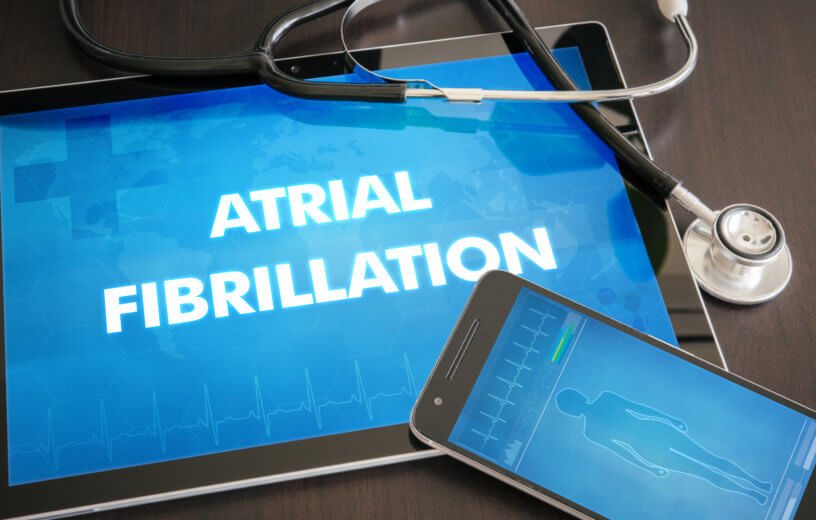PITTSBURGH — Atrial fibrillation, or Afib, refers to an irregular and oftentimes rapid heartbeat. AFib usually results in immediate symptoms such as feelings of dizziness, chest pain, and fatigue, but it also can put an individual at an increased risk of more serious concerns like heart failure. Now, troubling new research finds that AFib is both on the rise among younger adults and more dangerous to younger people than doctors previously thought.
This research ranks among some of the first ever to examine a large group of Afib patients younger than age 65 in the United States. Researchers from the University of Pittsburgh Medical Center Heart and Vascular Institute discovered that these younger individuals are more likely to be hospitalized for heart failure, stroke, or heart attack and show notably higher rates of comorbidity and mortality in comparison to their peers without AFib.
“Common knowledge among cardiologists is that, in people under 65, Afib is extremely uncommon and not detrimental. But there really hasn’t been any data to back that up,” says lead study author Dr. Aditya Bhonsale, M.D., M.H.S, a UPMC cardiac electrophysiologist in HVI’s Division of Cardiology who is also an assistant professor of medicine at the University of Pittsburgh, in a media release.
“At UPMC, we’ve been seeing a lot more young patients with Afib in recent years and have been interested in understanding the real-world clinical course of these individuals. As a payer-provider with patient records across more than 40 hospitals, UPMC was uniquely positioned to ask this question, which no one has been able to ask before.”

Using electronic health records from 67,221 UPMC patients who sought treatment for AFib between 2010 and 2019, study authors were able to determine that over a quarter of those patients (17,335) were under the age of 65. That’s a major difference compared to the two percent prevalence usually estimated nowadays. This much higher proportion likely reflects the increasing burden of cardiovascular risk factors among younger Americans, Bhonsale notes.
The UPMC team also found that over the course of a decade, survival rates for those with AFib were 1.3 to 1.5 times worse among men and 1.82 to 3.16 times worse for women, in comparison to young people without Afib. Patients also showed high rates of cardiovascular disease risk factors, such as smoking, obesity, hypertension, and sleep apnea, which are known to contribute to detrimental structural and electrical changes in the heart over time.
“We are optimistic that data from this study will foster future investigation to evaluate optimal therapies for patients with Afib,” concludes senior author Sandeep Jain, M.D., director of cardiac electrophysiology in HVI’s Division of Cardiology, who is also a professor of medicine at the University of Pittsburgh.
The study is published in the journal Circulation Arrhythmia and Electrophysiology.
